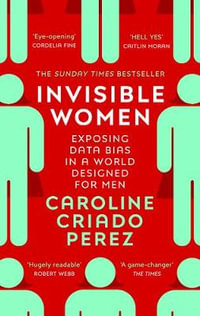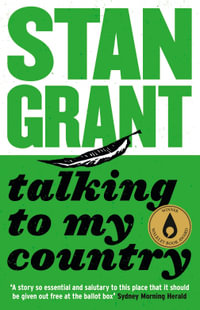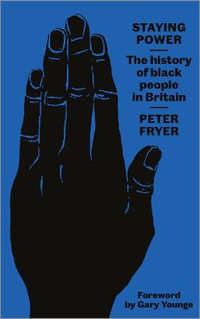This book offers a comprehensive overview of the ways in which Psychology has engaged with 'race' and racism issues since the late 19thcentury. It emphasizes the complexities and convolutions of the story and attempts to elucidate the subtleties and occasional paradoxes that have arisen as a result. This new edition contains revisions and additions to the author#xE2;#xAC;"s previous work, as well as two brand new chapters; 'Liberation Psychology', and #xE2;#xAC;#xDC;Historiographical Updates, Revisions and New Thoughts.#xE2;#xAC;" The former draws attention to the importance of the South African Black Consciousness movement and 'Post-colonial' Psychology, and the latter explores recent additional historical research on the subject, including further thoughts on the nature of British racism, new material on French colonial psychiatry, and the problem of the awkward status of virtually all the language and terms currently used for discussing the topic. This important and controversial book has proved to be a vital text for readers, as a point of departure for more in-depth inquiries into specific topics, and as a handy reference text. The additional up-to-date material included in this new edition makes the book an even more valuable resource to those working and studying psychology, as well as to anyone concerned with the #xE2;#xAC;#xDC;race#xE2;#xAC;" issue either professionally or personally.
Industry Reviews
"The first edition of Race, Racism, and Psychology was highly respected and widely cited. Richards' unique synthesis of careful historiography and evaluative commentary is continued in this new edition, and it will remain one of the most important books on the history of scientific racism.' - Andrew S. Winston, Professor Emeritus of Psychology, University of Guelph, Canada "This text represents a rigorous and fascinating overview of the multiple historical intersections of racism and psychology. The author demonstrates both an astute critical resolve, and remarkable even-handedness in his analysis. Unrivalled both in the breadth of its research and the considered detail it affords key characters, locations and events, the book is an invaluable source for anyone with an interest in the discipline." -- Derek Hook, Lecturer in Psychosocial Studies, Birkbeck College London, UK
























